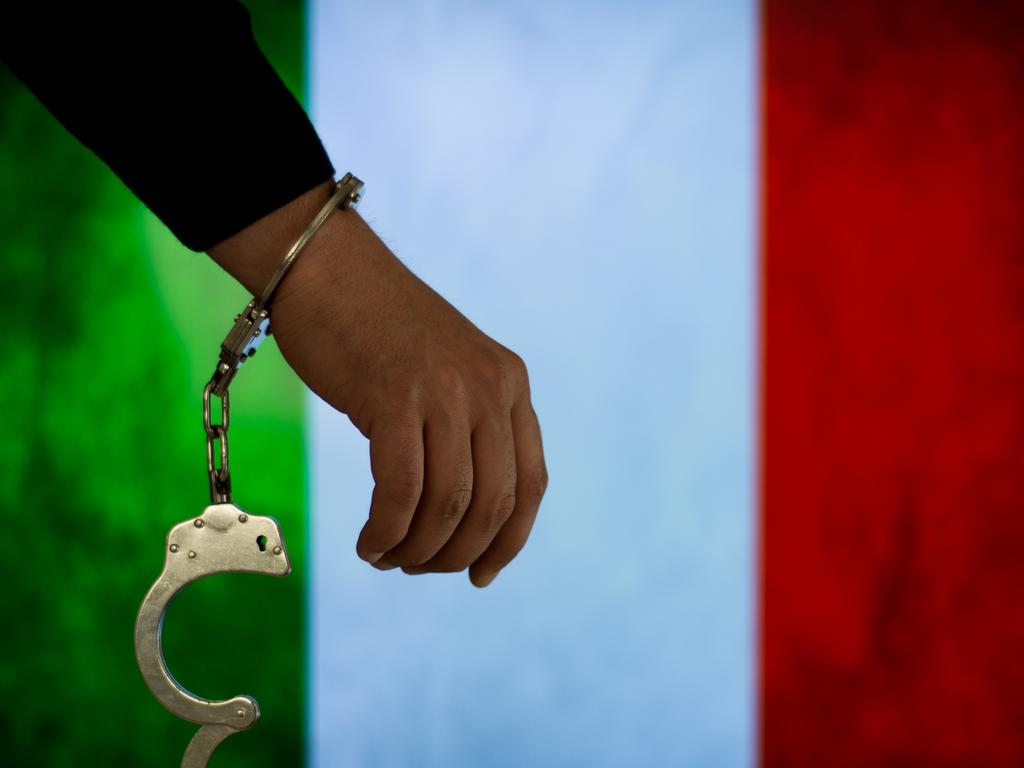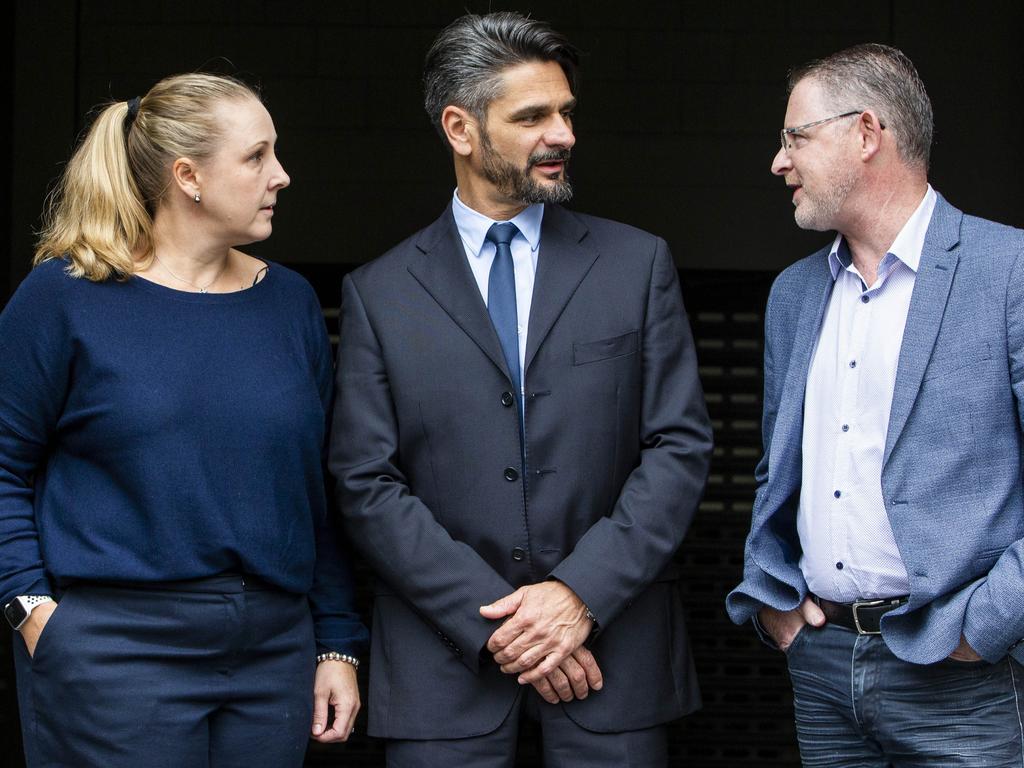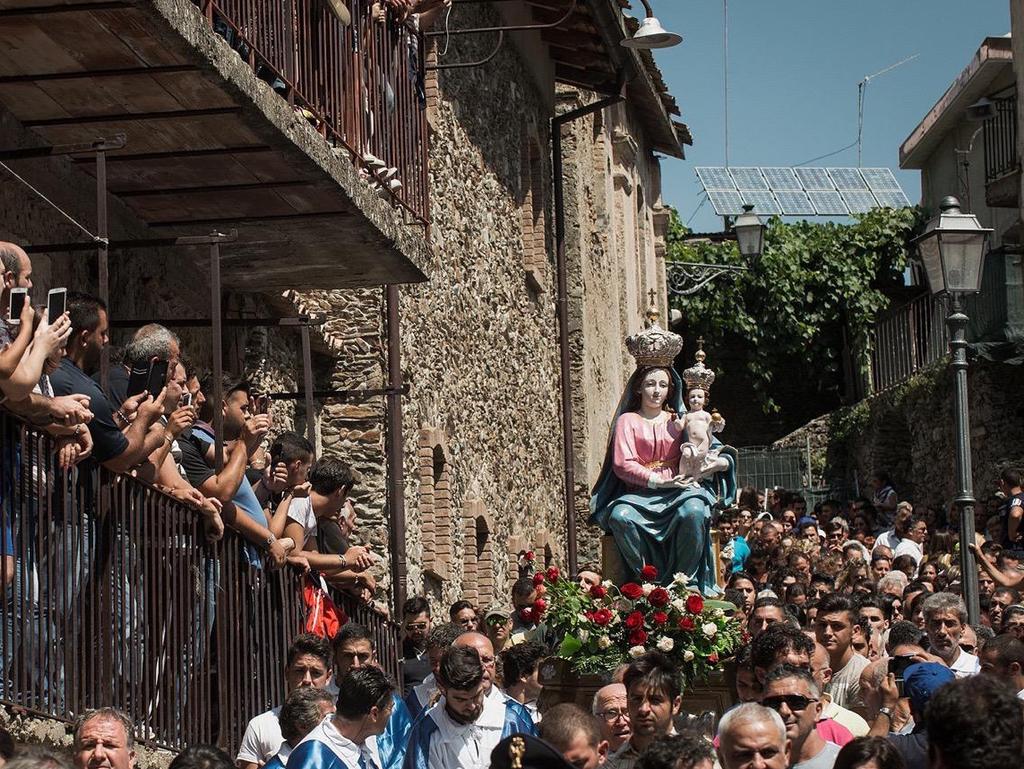Criminal clans are hiding in plain sight
Some of the 51 Italian organised crime clans identified in Australia moved here with the express purpose of setting up a criminal cell.
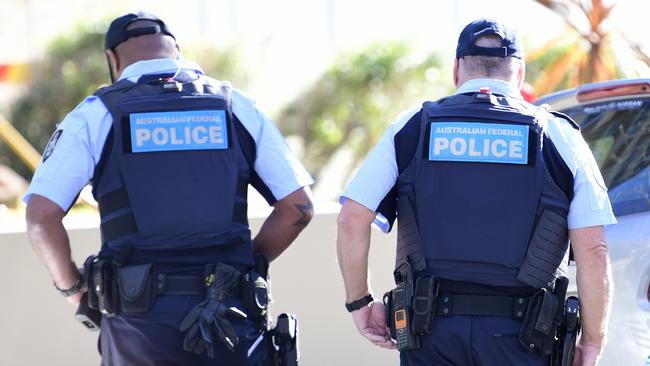
Some of the 51 Italian organised crime clans identified in Australia moved here with the express purpose of setting up a criminal cell.
And several are running seemingly legitimate farming, hospitality and transport businesses that are allegedly used as a front for their criminal activities.
Australian Federal Police intelligence has for the first time identified the separate clans operating in Australia, and the ways in which they inter-marry and collaborate in their drug-trafficking and money-laundering operations.
Fourteen of the clans are ‘Ndrangheta, or Calabrian mafia, originally from southern Italy.
AFP Commander Raegan Stewart said the clans were located in the ACT, Victoria, NSW, South Australia, Western Australia and Queensland.
“They reside in metropolitan and rural areas, which is reflective of both their business diversity and their tradition of farming and working the land as their ancestors would have in Italy,’’ she said.
Court evidence in recent months has shown alleged members of the ‘Ndrangheta in Australia working or running businesses including farming, agriculture processing, transport, running cafes and restaurants, and working in sensitive industries such as aviation. These roles allow them to both hide and enable their criminal activities.
In a statement, the AFP said it was likely ‘Ndrangheta members moved to Australia “for the purpose of facilitating illicit activity’’.
A ‘Ndrangheta member told a court in Italy several years ago that members of his family had moved to Australia to set up criminal cells.
The man, who turned prosecution witness against his family, testified that two groups of three or four families had set up shop in Australia.
One of nine groups in South Australia, known as Clan F, has been identified through intelligence from Italian authorities as the most likely senior clan operating in Australia. It is alleged to be involved in drug importations.
Another South Australian group, known as Clan G, includes members who have been convicted of drug offences, and has strong links with alleged ‘Ndrangheta families in NSW.
One member of this clan has repeatedly come to the attention of the AFP for his alleged involvement in facilitating large-scale drug importations. Police said he was responsible for procuring “human, technical and physical resources to import and traffic illicit commodities’’.
Some of the clans in Australia are well known because of their involvement in the “tomato tins’’ bust in 2008 – the importation into Australia of 15 million ecstasy pills smuggled inside tomato tins. The bust, then a world record, is still running through the courts today.
Police intelligence suggests three Italian organised crime clans in Victoria were involved in the tomato tins bust. One group involved, known as Clan B, has a family member who works in the aviation sector. A member of another group, Clan C, was convicted over the plot, and Clan C has links with freight forwarding and building construction industries.
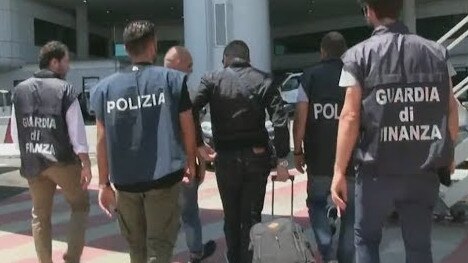
A third group, known as Clan D, came on to the police radar when other alleged mafia members were meeting at a business owned by the clan.
Another of the groups, Clan A, has several members who are allegedly involved in drug importation and trafficking, money-laundering, and distributing encrypted devices. The boss of the clan runs a legitimate business where meetings about criminal activity allegedly take place.
Members of this clan are related by marriage to Clan H in South Australia. Members of the SA clan have convictions for drug-related offences.
Italian authorities also have information about another group in Victoria, Clan E, which has close family ties with senior mafia figures in Italy.
There are 17 clans operating in NSW, the majority of them in regional areas. One of the groups, Clan K, includes a family member who was convicted over the tomato tins plot. This group is inter-married with a number of other families in NSW, SA and Victoria.
Ongoing AFP investigation Operation Ironside, which used the encrypted app AN0M to track alleged criminals by copying their supposedly secure communications, has identified one family member who took over as alleged crime boss from a senior family member and is in contact with clan bosses in Italy.
Another NSW grouping, Clan I, has the largest number of inter-clan marriages and uses outlaw motorcycle gangs and Middle Eastern crime figures to assist with drug importations.
Clan I has a national footprint and influence across clans in NSW, Victoria and the ACT.
Another group, Clan J, moved one of its members to China, giving them easy access to Hong Kong, a key trans-shipment point for exports.
One of the four clans operating in WA, Clan L, includes family members with convictions for cannabis cultivation, and one who was accused of harbouring an Italian fugitive before his return to Italy.
This is believed to be Bruno Crisafi, who was arrested in Rome in 2017. He had been on the run for two years after fleeing prosecution on drug charges in Italy and was allegedly harboured in Australia.
Australian authorities tipped off the Italians, leading to his arrest as he touched down in Italy.


